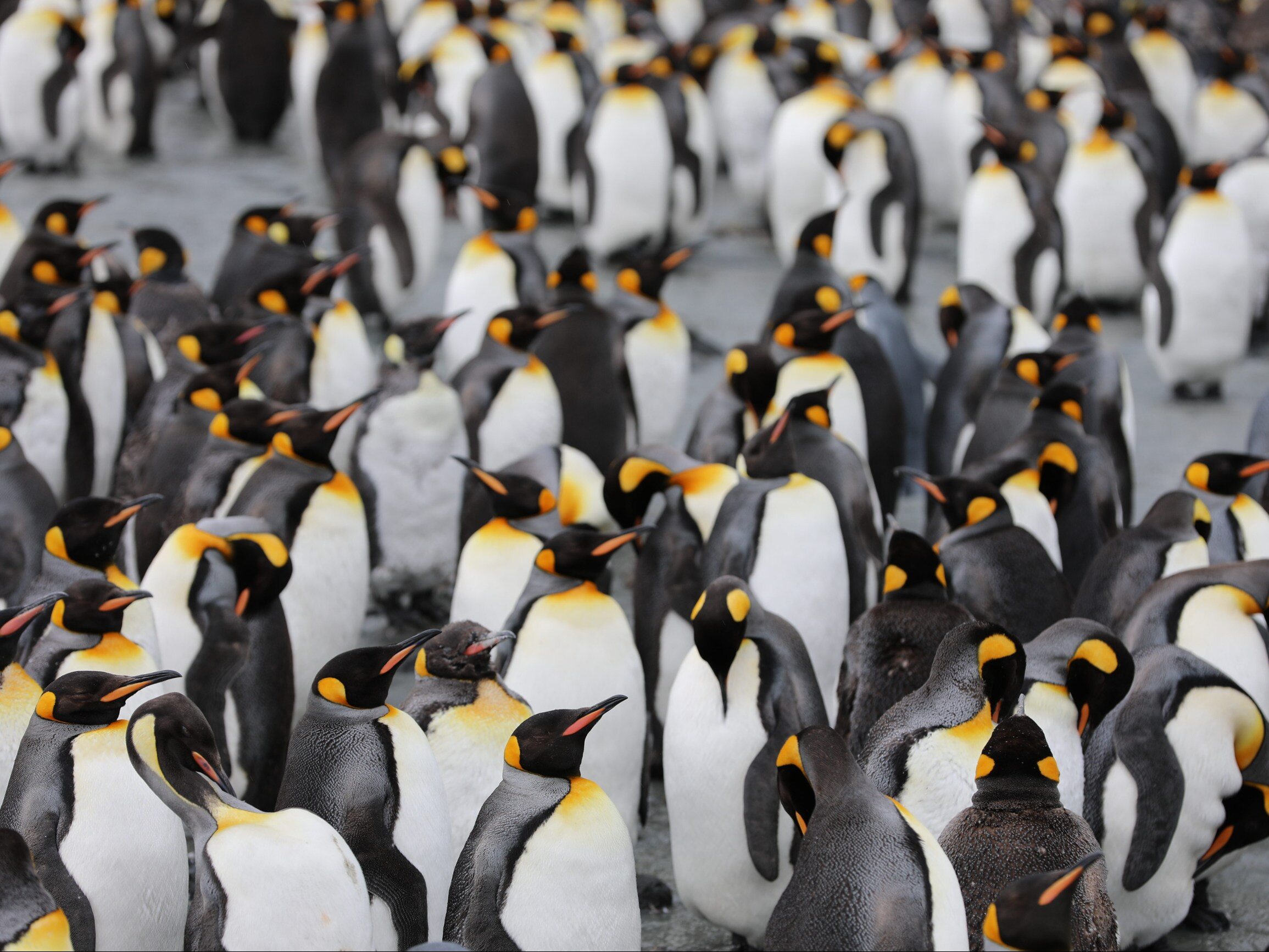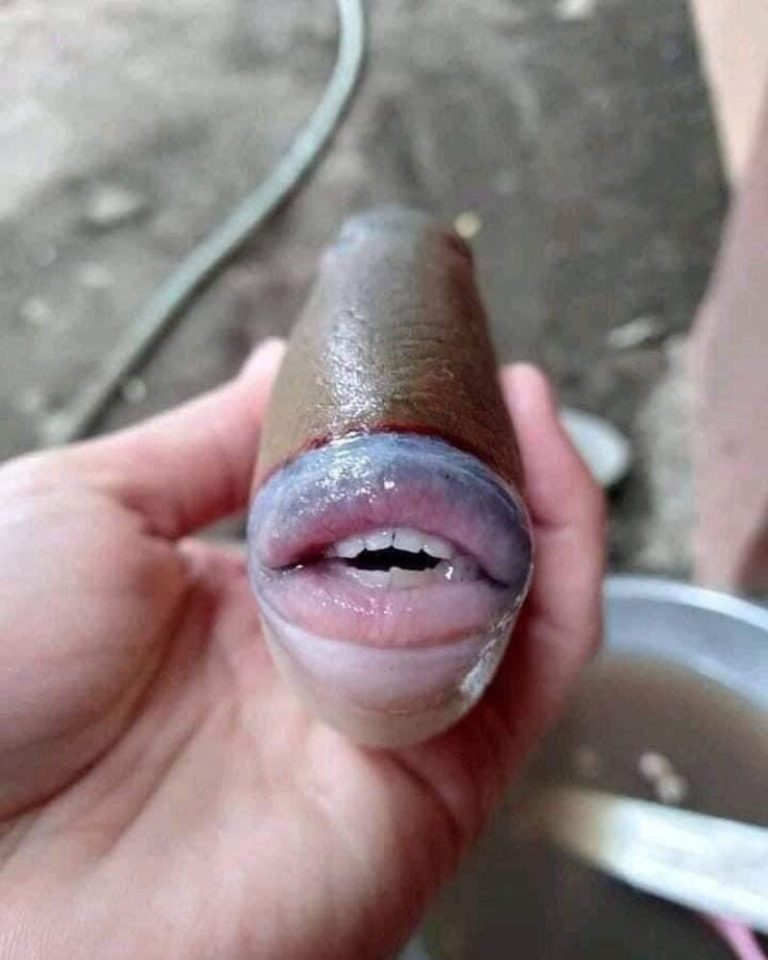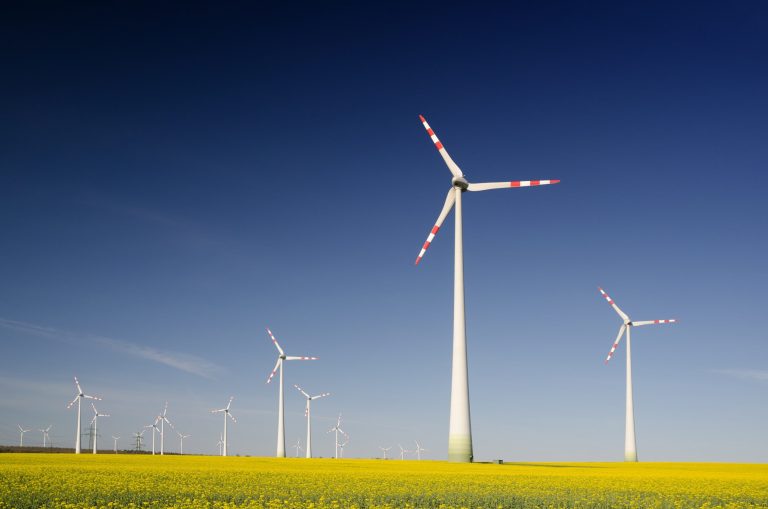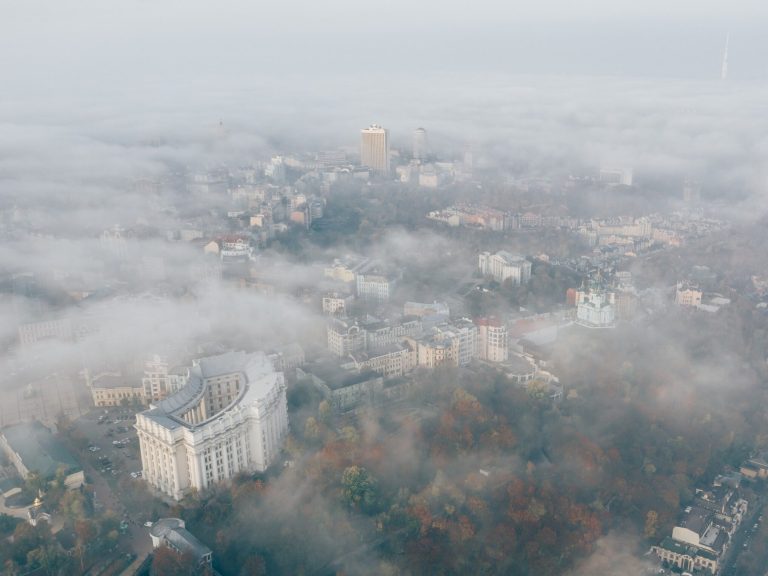The catastrophic effects of climate change. Thousands of penguins have died

Melting ice has killed thousands of baby penguins in Antarctica. The chicks did not manage to develop waterproof feathers that would enable them to swim. Experts estimate that up to 10,000 birds drowned or froze to death.
The event took place at the end of 2022 in the west of Antarctica. As a result of climate change, the sea ice on which the penguin colonies moved has melted. Unable to fly, the chicks are stuck in the water. Experts estimate that up to 10,000 small birds drowned or froze in the icy ocean.
Antarctica. Up to 10,000 penguins have died
Scientists have been observing five colonies of emperor penguins moving around the Bellingshausen Sea area for some time. Bird activity was documented by satellite images taken by EU Sentinel-2 machines. From space, the animal’s excrement was visible, thanks to which experts could track their migration.
Adults appear on the ice sheet in March. Over the following months, they lay eggs, incubate them, and then take care of the chicks. The young stay on land until December or January – then they develop feathers that enable them to swim and end up in the ocean.
The catastrophic effects of climate warming
Last year, the penguins’ growing up process was interrupted by climate change. In November, the ice began to melt, and the chicks fell into the water prematurely. The young probably drowned, and the individuals that clung to the remains of the glacier may have frozen to death. According to the BBC, only one of the five colonies has had “some breeding success”.
In the face of global warming, the future of emperor penguins is in jeopardy. Experts estimate that over 90% of animals of this species will become extinct by the end of the century. “There is hope: we can reduce the carbon emissions that cause warming. But if we don’t, we’ll be driving these iconic, beautiful birds to the brink of extinction,’ Dr Peter Fretwell, from the government’s British Antarctic Survey, told the BBC.






